What Is Detention Center Misconduct?
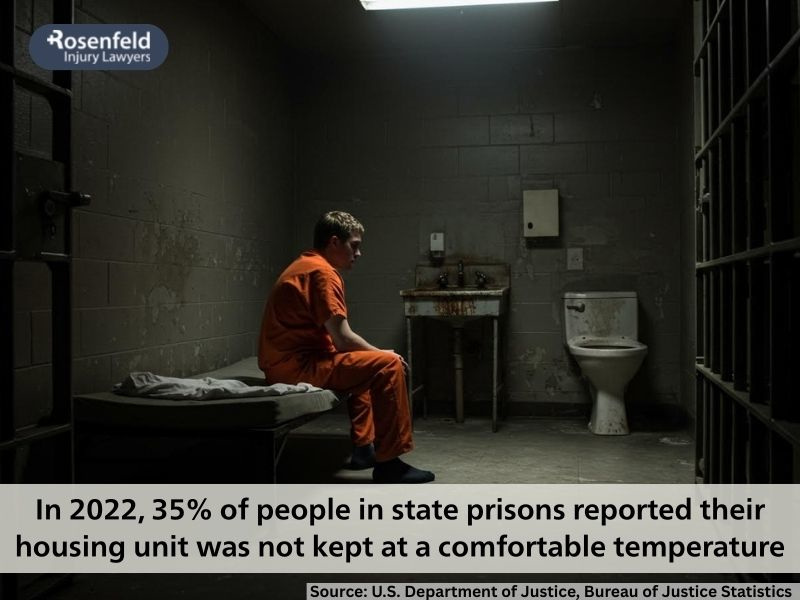
Detention center misconduct refers to the abuse of authority, neglect of duty, or unlawful behavior by staff, officers, or agencies responsible for individuals held in custody.
It includes acts or omissions that endanger the well-being, safety, or dignity of people confined in juvenile, state, federal, or immigration detention centers. In simple terms, it describes any conduct that violates the rights of detainees or undermines their access to humane medical care, fair treatment, and protection from abuse.
In recent years, investigations and lawsuits have exposed systemic abuse across the country, revealing patterns of sexual abuse, physical violence, psychological harm, neglect, and retaliation inside both adult prisons and youth facilities.
These findings highlight a deep failure of oversight and an urgent need for accountability within departments and agencies charged with upholding justice and safeguarding those in custody.
What Types of Systemic Abuse Are Common in Detention Facilities?
Physical Abuse
Many detainees suffer physical harm from excessive use of force, misuse of restraints, or violent encounters with officers. These acts often go unreported, leaving victims without medical care or legal support.
Psychological Abuse
Isolation, verbal threats, and humiliation are common tools of control that cause lasting trauma. Such treatment undermines a person’s dignity and mental health, especially among children in youth facilities.
Sexual Abuse
Reports of sexual abuse inside detention centers continue to surface nationwide, involving both staff and other detainees. Investigations have revealed systemic failures in reporting, retaliation against victims, and a lack of accountability by facility departments.
Neglect
Neglect includes denying access to health care, ignoring safety hazards, or failing to safeguard detainees from known risks. This ongoing failure to safeguard basic needs reflects a broader pattern of institutional misconduct and violations of detainee rights.
Where Does Detention Center Misconduct Typically Occur?
Misconduct inside detention facilities is not limited to one jurisdiction or agency. Across federal and state prisons, juvenile detention centers, and immigration detention centers, recurring allegations of abuse, neglect, and civil rights violations have led to hundreds of lawsuits, multimillion-dollar verdicts, and ongoing investigations.
These cases reveal an urgent need for stronger accountability measures to ensure the safety of detainees, provide adequate medical care, and uphold their dignity while in custody.
Federal Prisons
Across the United States, federal prisons have faced mounting allegations of abuse, neglect, and retaliation, from small facilities to those near major cities. Investigations by the Department of Justice and independent watchdogs show systemic failures of oversight and a growing demand among the American people for reform and accountability.
FCI Dublin (California)
More than 100 women filed claims describing years of sexual abuse and retaliation by correctional guards. The federal government paid a $116 million settlement to 103 survivors, and multiple staff, including the warden, were convicted. The prison was later closed, symbolizing deep failures of oversight within the federal system.
ADX Florence (Colorado)
This “super-max” facility became the focus of a class action exposing psychological abuse and lack of health care for prisoners with severe mental illness. The 2016 settlement required major mental-health reforms and transfer of over 100 inmates to proper treatment, establishing a national precedent for detainee well-being.
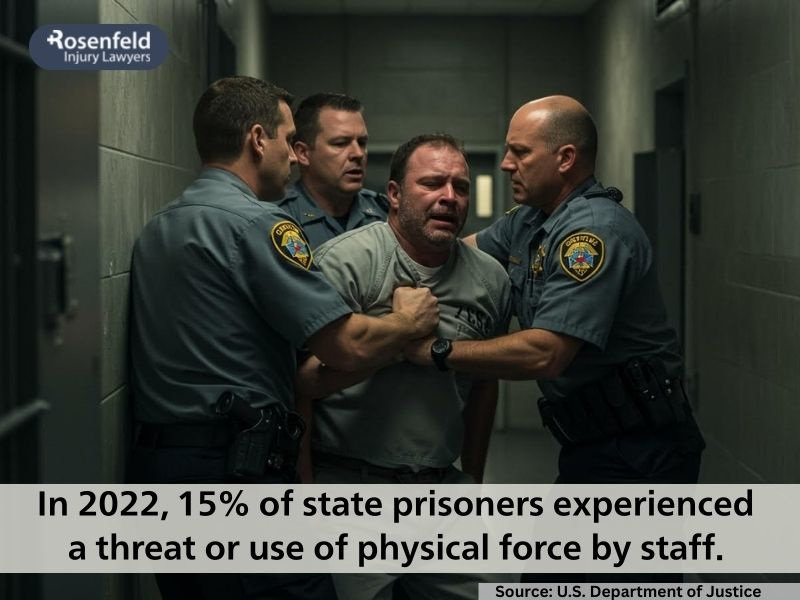
FMC Carswell (Texas)
Repeated lawsuits, including 35 women who allege abuse between 2014 and 2018, have been filed for sexual misconduct and medical neglect at this federal women’s medical prison. Survivors described being denied care or punished for filing complaints. The facility remains under federal investigation for ongoing misconduct.
FCI Tallahassee (Florida)
A corruption and sexual abuse scandal led to the convictions of several guards who coerced women into sex under threat of punishment. The case prompted reforms to restrict officer access to female prisoners and improve reporting systems for future victims.
State Prisons
Throughout recent years, reports from state correctional departments exposed widespread sexual abuse, medical neglect, and retaliation in women’s prisons. These facilities, particularly in California women’s prisons, continue to face lawsuits and calls for better training, health care, and protection of basic human rights.
Central California Women’s Facility (CCWF – Chowchilla)
Hundreds of women have brought forth allegations of sexual abuse, neglect, and retaliation by prison staff. One guard was convicted on 64 counts involving 13 victims, and numerous survivors have filed civil lawsuits demanding policy reform. The Department of Corrections continues to face scrutiny for its failure to secure women in custody.
California Institution for Women (CIW – Chino)
At CIW, a string of suicides and sexual harassment cases revealed critical lapses in mental-health and medical services. Families and survivors have filed multiple complaints citing the prison’s retaliatory culture and lack of proper investigation procedures.
Folsom Women’s Facility (Sacramento County)
Former detainees have filed civil claims for physical and sexual abuse, alleging staff used restraints as punishment. While some cases settled confidentially, others are ongoing, emphasizing persistent failures of supervision and accountability.
Valley State Prison for Women (VSPW – Chowchilla)
VSPW has a history of staff sexual misconduct and cover-ups. Despite prior complaints, reports indicate continued abuse and retaliation against those who spoke out. Reforms under the Prison Rape Elimination Act (PREA) now require better training and victim access to outside reporting.
Immigration Detention Centers
At immigration detention centers, detainees and advocates have raised urgent concerns over unsafe conditions, medical neglect, and institutional abuse. Facilities under the Department of Homeland Security have drawn public outrage from the American people, leading to congressional hearings and new investigations into how these centers treat people in custody.
Irwin County Detention Center (Georgia)
Numerous women alleged non-consensual medical procedures, including forced surgeries, leading to multiple federal lawsuits and a national investigation. The case exposed serious breaches of human rights and medical ethics within immigration custody.
Adelanto ICE Processing Center (California)
This large private facility has faced repeated abuse reports, including medical neglect, solitary confinement, and retaliation. Federal inspectors documented unsafe conditions, prompting temporary intake suspensions and renewed calls for accountability.
Otay Mesa Detention Center (California)
During the COVID-19 pandemic, detainees filed class-action lawsuits after hundreds fell ill and one person died from the virus. Courts ordered population reductions and medical reforms, exposing systemic healthcare failures in ICE facilities.
Eloy Detention Center (Arizona)
Known as one of the deadliest ICE sites, Eloy has recorded at least 16 deaths, including multiple suicides. Investigations revealed severe mental-health neglect and inadequate emergency response. Advocates continue to push for closure and federal reform.
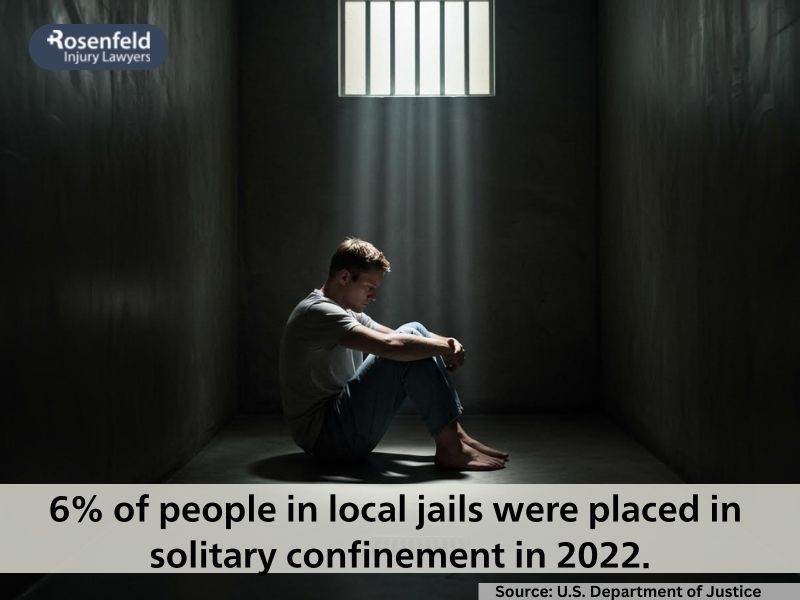
Stewart Detention Center (Georgia)
Since 2017, more than nine detainees have died at Stewart due to medical neglect and poor supervision. Survivors and families have filed civil rights lawsuits, alleging deliberate indifference by Homeland Security contractors.
Juvenile Detention Centers
Across the nation, numerous juvenile detention centers have been at the center of serious abuse allegations, civil lawsuits, and criminal procedures. Recent hearings renewed pressure on supervisors to preserve children’s safety, ensure medical treatment, and uphold the civil rights of every young person in custody.
California
- East Mesa Juvenile Detention Facility (EMJDF): Public complaints and periodic audits have cited safety and staffing concerns; advocates continue to press for stronger PREA reporting and medical access for youth.
- Kearny Mesa Juvenile Detention Facility (KMJDF): Community monitors have flagged incidents of force and isolation; families report difficulties obtaining records and timely healthcare.
- Youth Transition Campus (YTC): As a newer San Diego site, it has faced early oversight scrutiny over programming and supervision; policy revisions are ongoing.
- Girls’ Rehabilitation Facility (GRF): Reports from former residents describe verbal abuse and fear of retaliation for filing complaints; service delivery remains under review.
- Camp Barrett: Historic allegations of harsh discipline and inadequate mental-health care prompted training updates and external monitoring.
- Juvenile Ranch Facility (JRF): Prior operations drew criticism for remote location and limited family access; rehabilitation services now emphasize schooling and counseling.
- Los Padrinos Juvenile Hall: Thirty officers were indicted for staging 69 fights involving 143 youths in 2023, triggering criminal cases and heightened oversight.
- Alameda County Juvenile Justice Center: Advocates and attorneys have advanced civil claims alleging abuse and inadequate protection; county practices remain under litigation-watch.
- San Mateo County Hillcrest Juvenile Hall: County reviews have examined complaints tied to probation practices and staff conduct; reforms focus on grievance access.
- Fresno County Juvenile Hall: Former detainees have prepared and filed claims alleging sexual abuse and supervision failures; suits are in development.
- San Joaquin County Juvenile Hall: A civil grand jury flagged PREA non-compliance and policy gaps after media reports on custodial abuse.
- Santa Clara County Juvenile Hall: PREA channels and zero-tolerance postings expanded to improve outside reporting and anti-retaliation protections.
- Riverside Juvenile Hall: Survivors have filed lawsuits alleging sexual abuse and retaliation; investigations and complaints continue.
- Merced County Iris Garrett Juvenile Hall: Allegations include staff misconduct and delayed medical care; counsel have initiated civil actions.
- Kern County James Bowles Juvenile Hall: Watchdogs cite force-review and training deficits; advocates seek stronger external investigation protocols.
- San Bernardino County Juvenile Detention Center: Oversight reports and complaints describe safety lapses; litigation counsel are reviewing cases.
- Monterey County Youth Center: Youth and families reported intimidation and grievance barriers; county pledged policy updates.
- Warren Thornton Youth Center: Former residents describe humiliation and isolation; trauma-informed training has been urged.
- Rancho del Campo and Rancho del Rayo: Historic accounts cite inadequate services and distance from families; modern standards stress education, mental health, and PREA compliance.
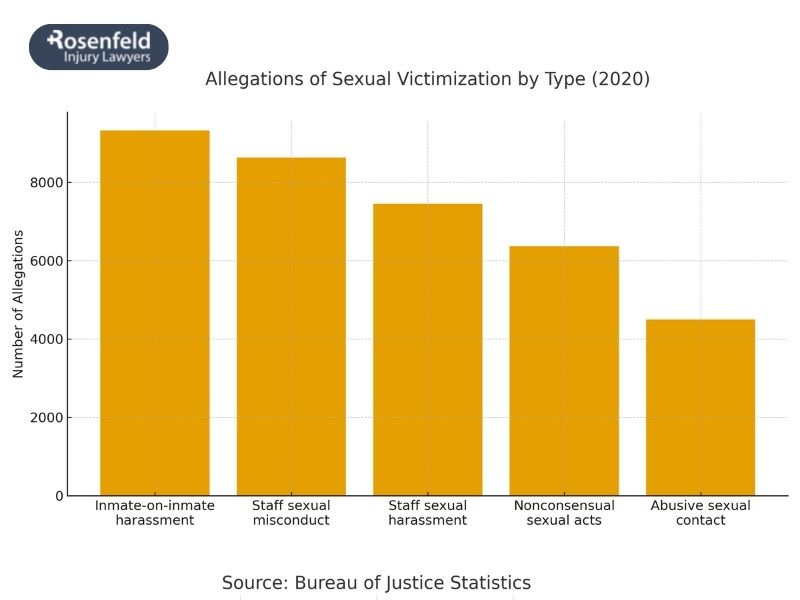
Pennsylvania
- Loysville Youth Development Center: Plaintiffs allege long-running abuse and indifference to grievances; statewide filings are accumulating.
- North Central Secure Treatment Unit: Survivors report physical and sexual abuse; discovery focuses on supervision and complaint handling.
- South Mountain Secure Treatment Unit: Cases describe excessive force and retaliation; attorneys are consolidating claims.
- Cheltenham Youth Detention Center: Allegations include assaults and medical neglect; counsel seek injunctive relief and damages.
- Lancaster County Juvenile Detention Center: Civil actions cite unsafe conditions and failure to ensure safety; reforms are under discussion.
- Delaware County Juvenile Detention Center: Suits detail abuse and staff misconduct; county leadership faces ongoing scrutiny.
- Cumberland Juvenile Detention Center: Plaintiffs challenge use-of-force practices and isolation; oversight bodies reviewing policies.
- Mercer Juvenile Detention Center: Litigation highlights inadequate training and reporting; monitoring proposals are pending.
- Abraxas Juvenile Center: Federal and state filings allege staff-on-youth sexual abuse and hazardous conditions across programs.
- Glen Mills Schools: Multiple settlements and a 2024 global reform agreement followed widespread abuse findings and program shutdowns.
- St. Gabriel’s Hall: Former residents allege decades of abuse and cover-ups; cases are moving through discovery.
New Jersey
- New Jersey Training School: State courts centralized multicounty litigation; by 2025, more than 100 plaintiffs had filed, with additional suits pending.
- Camden County Juvenile Detention Center: New complaints allege staff assaults and indifference; cases add to statewide docket.
- Middlesex County Juvenile Detention Center: Survivors describe sexual abuse and retaliation; litigation tracks similar claims across counties.
- Passaic County Juvenile Detention Center: Filings challenge supervision and grievance access; state defendants named.
- Hudson County Juvenile Detention Center: Plaintiffs allege failures to protect and inadequate medical response; discovery focuses on policies.
- Harborfields Juvenile Detention Center (Atlantic County): Civil actions assert sexual abuse and neglect; claims now coordinated with statewide cases.
Illinois
- Cook County Juvenile Detention Center (JTDC): Media and court filings describe systemic failures and isolation; survivor suits from Chicago anchor statewide claims.
- Kane County Juvenile Center: Allegations center on force and grievance barriers; counsel pursuing records and PREA data.
- Lake County Juvenile Detention Center: Former youth cite unsafe staffing ratios; policy reforms proposed.
- Winnebago County Juvenile Center: Plaintiff attorneys developing cases on abuse and retaliatory discipline.
- Peoria County Juvenile Center: Complaints include medical neglect and humiliation; litigation counsel engaged.
- LaSalle County Juvenile Center: Reports of staff misconduct and delayed healthcare underpin pending claims.
- Sangamon County Juvenile Center: Families allege inadequate protection and intimidation; records requests are ongoing.
- Champaign County Juvenile Detention Center: Oversight letters cite training gaps and access-to-counsel issues.
- Madison County Juvenile Center: Attorneys investigating force incidents and grievance handling.
- Adams County Juvenile Detention Center: Complaints include excessive force and retaliation; discovery sought on camera footage.
- Vermilion County Juvenile Center: Survivors report sexual harassment and threats; legal filings pending.
- McLean County Juvenile Center: Counsel cite isolation practices and inadequate mental-health care.
- River Valley Juvenile Center: Regional suits allege staff abuse and failure to report; multi-plaintiff claims grow.
- Mary Davis Juvenile Center: A federal order required ending prolonged isolation and improving mental-health access.
- Illinois Youth Center (IYC) – Chicago: Plaintiffs describe staff assaults and retaliation; state-level defendants named.
- Illinois Youth Center (IYC) – Warrenville: Survivors allege sexual abuse and discipline abuses; discovery seeks PREA records.
- Illinois Youth Center (IYC) – Pere Marquette: Claims include force and inadequate protection; advocates request audits.
- Illinois Youth Center (IYC) – Harrisburg: Lawsuits cite medical neglect and grievance obstruction; oversight hearings urged.
Michigan
- W.J. Maxey Training School: Historic abuse allegations continue to generate civil suits by former residents.
- Wayne County Juvenile Detention Facility (Detroit Juvenile Detention Center): Leadership turmoil and staffing crises sparked lawsuits and whistleblower claims over dangerous conditions.
- Shawono Center: Plaintiffs allege sexual abuse and unsafe restraint practices; investigations reference long-standing risks.
- Bay Pines Center: Survivors report assaults and neglect; counsel pursuing class-style coordination.
- Maurice Spear Campus: Former inmates allege abuse and inadequate supervision; cases are being assembled.
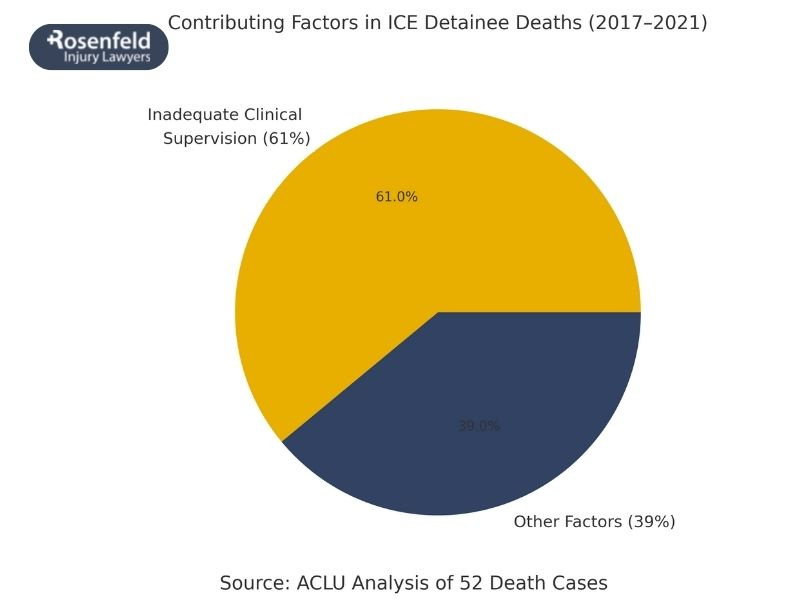
New York
- Capital District Juvenile Secure Detention Facility: Staff arrests and civil filings followed abuse allegations; OCFS policies under scrutiny.
- Brookwood Secure Center for Youth: A facility psychologist’s guilty-plea saga in 2025 kept abuse in the spotlight; related civil cases are active.
- Highland Residential Center: Former residents filed suits alleging sexual and physical abuse over decades; discovery continues.
- Brentwood Residential Center for Girls: A youth-support specialist pleaded guilty to raping a 15-year-old; survivors brought civil actions.
- Monroe County Children’s Detention Center: Complaints describe assaults and negligent supervision; litigation counsel engaged.
Maryland
- Charles H. Hickey School: Dozens of survivors filed under Maryland’s Child Victims Act, alleging routine assaults and cover-ups.
- Thomas Waxter Detention Center: New CVA-enabled complaints detail staff sexual abuse; plaintiffs seek damages and reforms.
Nevada
- Nevada Youth Training Center: DOJ CRIPA findings cited excessive force and poor grievance systems; agreements mandated reforms in force reviews and investigations.
What Legal Options Do Victims of Abuse in a Detention Center Have?
Victims of abuse, neglect, or sexual misconduct in a detention center, whether federal, state, immigration, or juvenile, have several paths to pursue justice and accountability. Survivors can file civil lawsuits for violations of their constitutional rights and federal civil rights actions under 42 U.S.C. § 1983, or Federal Tort Claims Act (FTCA) claims against the responsible departments and agencies.
In cases involving sexual abuse, survivors may reference noncompliance with the Prison Rape Elimination Act (PREA) to strengthen their civil claims, as PREA establishes important standards for prevention and reporting. However, PREA itself does not create a private right of action, meaning victims cannot sue directly under the statute to seek financial compensation.
Victims can seek compensation for physical injuries, emotional trauma, medical expenses, and violations of human dignity. Many cases also include punitive damages when misconduct was intentional or covered up. Survivors who experienced retaliation for filing complaints can assert additional claims for interference with their legal rights and denial of access to justice.
Even if the abuse occurred years ago, recent reforms in several states have extended or suspended statutes of limitations for survivors of institutional sexual abuse, allowing many to file cases now that were previously barred by time limits.
How Injury Lawyer Team Can Help
At Injury Lawyer Team, our attorneys represent survivors of detention center sexual abuse, misconduct, and systemic neglect with compassion, experience, and resolve. We understand the fear and trauma that follow abuse in custody, and we work to hold guards, contractors, and government agencies accountable for their actions.
Our team:
- Investigates abuse claims using medical records, inspection reports, and internal communications to expose institutional failures.
- Files lawsuits against correctional agencies, private contractors, and staff to demand justice and compensation.
- Works with experts in mental health, trauma recovery, and institutional safety to strengthen each case.
- Protects survivors from retaliation and ensures their confidentiality throughout the process.
We handle every case on a contingency fee basis, meaning you pay no upfront costs and no attorney fees unless we win compensation for you.
If you or a loved one suffered abuse inside a detention facility, you are not alone. Contact us today for a free, confidential consultation. Our attorneys are available 24/7 to listen, guide, and help you take the first step toward justice and healing.
All content undergoes thorough legal review by experienced attorneys, including Jonathan Rosenfeld. With 25 years of experience in personal injury law and over 100 years of combined legal expertise within our team, we ensure that every article is legally accurate, compliant, and reflects current legal standards.








